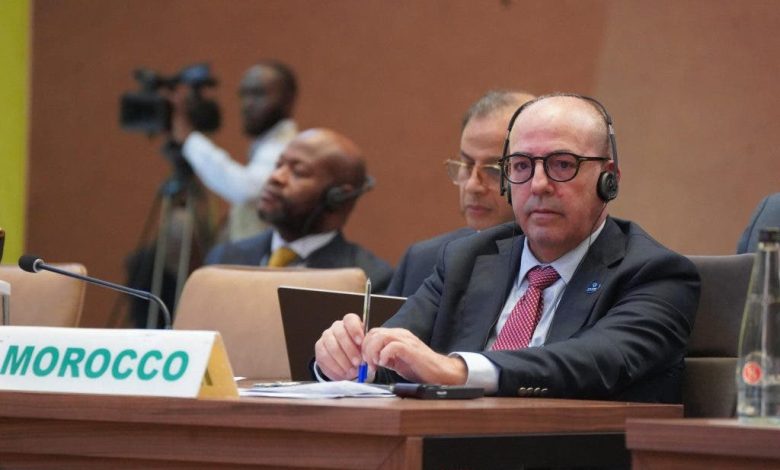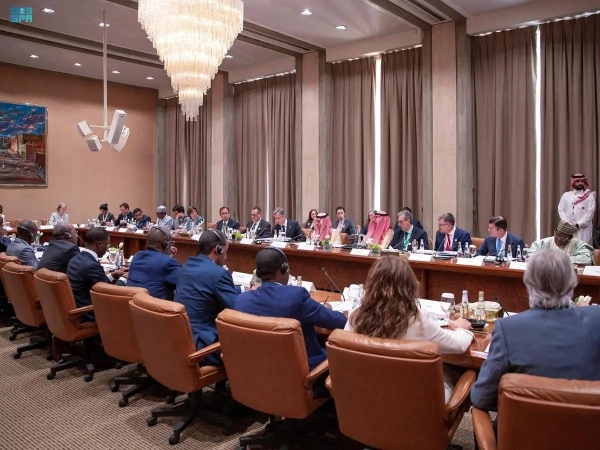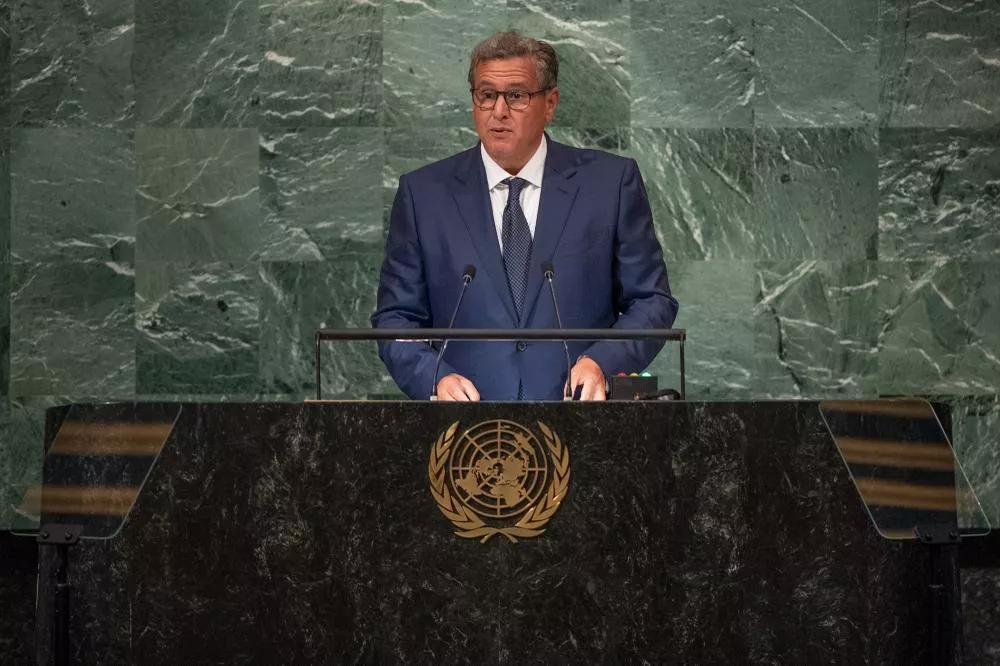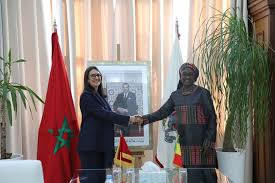The Summit of the Detailed Program for the Development of African Agriculture (PDDAA) concluded on Saturday with the adoption of the Kampala Declaration.
The Kampala Declaration focused on the development of a resilient and sustainable agri-food system in Africa, as well as the PDDAA’s ten-year strategy and action plan.
In this context, participants decided to intensify sustainable food production, promote agri-industrialization, and strengthen trade.
By 2035, they committed to increasing agri-food production by 45%, reducing post-harvest losses by 50%, and tripling intra-African trade in agri-food products and inputs.
To achieve these goals, the Kampala Declaration advocates the establishment of a favorable political and regulatory environment, as well as the integration of emerging technologies, such as biotechnology, artificial intelligence, and digitalization.
Countries also pledged to stimulate investments and funding for the accelerated transformation of agri-food systems. In this connection, they project to mobilize $100 billion through public and private investments by 2035.
The Declaration also provides for reducing by 50% the number of people living in extreme poverty in Africa.
Furthermore, African countries were urged to incorporate these commitments into their national policies, strategies, and budgets for effective implementation, while a call was made to African farmers to adopt innovative practices and emerging technologies to enhance productivity, sustainability, and resilience in the farming sector.
The event, which started on Thursday under the theme “One Voice, One Land,” gathered approximately 2,000 participants, including policymakers, civil society representatives, experts, and scientists.
The summit was aimed at renewing member states’ commitment to the implementation of initiatives on the transformation of African agriculture for the period 2025-2035.
Morocco, which was represented at the summit by Minister of Agriculture, Ahmed El Bouari, seized the opportunity to showcase the Kingdom’s agricultural expertise and reiterated its readiness to share its agricultural expertise with African countries, in a bid to build a stronger, more resilient, and prosperous future.
Morocco also reaffirmed its commitment to advancing efforts to transform its agrifood system, making it more inclusive, resilient, and sustainable, in order to achieve the goals outlined in the 2014 Malabo Declaration on African Agricultural Transformation.
In line with the new development model, Morocco’s sectoral strategies and efforts are focused on an in-depth and sustainable transformation of agrifood systems, by prioritizing the human factor, the delegation members said, mentioning the “Generation Green 2020-2030”, “Forests of Morocco 2020-2030”, as well as “Halieutis” strategies, all initiatives that helped build a resilient agricultural system.
Such resilience was highlighted in the biennial monitoring reports of the Malabo Declaration Action Plan, in which Morocco ranked first in North Africa and second at continental level, after Rwanda.
On the sidelines of the event, the Moroccan Minister of Agriculture held a series of meetings with his counterparts from several African countries, including Tanzania, Ethiopia, Angola, Eswatini, Senegal, the Democratic Republic of Congo, South Sudan, Uganda, and Rwanda.
During these meetings, he reiterated the Kingdom’s commitment to sharing its agricultural experience with brotherly and friendly countries to develop sustainable and productive African agriculture and surveyed Morocco’s experience in irrigation. He highlighted in this vein the achievements made by the Kingdom in the management of water resources, with focus on the dams’ policy, and the interconnection project between the Sebou and Bouregreg basins, which constitutes an innovative solution in adapting to climate change.
Talks also covered Morocco’s experience in the production and use of fertilizers.
His interlocutors expressed their respective countries’ desire to benefit from Morocco’s experience in enhancing productivity, particularly through the modernization of agricultural practices.



